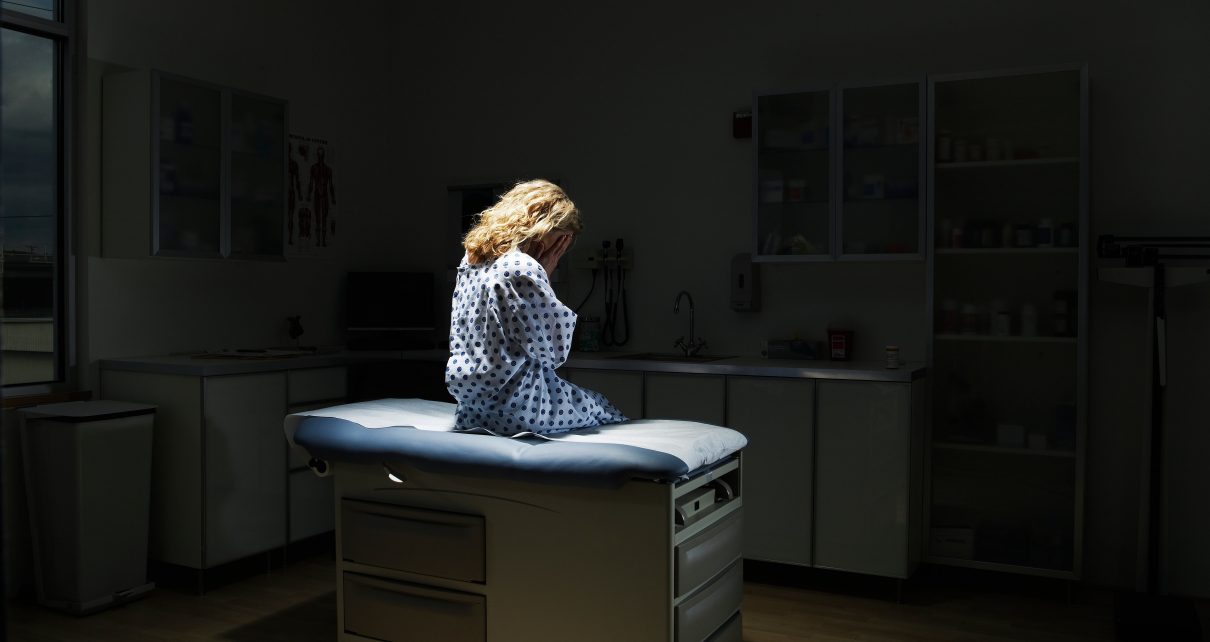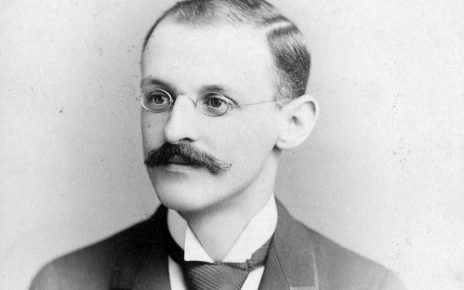At some point in your life, you will likely experience the anxiety of sitting in a hospital room, waiting for a serious medical diagnosis. Even those lucky enough to avoid that situation will likely accompany a loved one—a parent, grandparent or child—who is receiving the news. You might remember the stiffness of the chair, the pattern of the hospital gown or the doctor’s folded hands. Whatever the diagnosis—cancer, Alzheimer’s disease, diabetes or even COVID-19—the event is not one you will easily forget.
Powerful emotional experiences such as this one can develop into flashbulb memories: recollections that are highly salient and appear as vivid as a snapshot. Most of us who lived through the assassination of President John F. Kennedy or 9/11 are confident we can pinpoint precisely where we were when we found out about the event. These memories are not perfect—they are distorted like any other recollection. Yet when they recount the experience, people describe it as if it happened yesterday. And these memories influence our personal identity, social bonds, decision-making and behaviors over time. After the 2013 Boston Marathon bombing, for example, those who witnessed acts of heroism and remembered them in detail were more likely to engage in helping behaviors such as donating blood or supporting Boston-related charities, even months after the attack.
In a recent study we demonstrated that for some individuals, a medical diagnosis event does create a flashbulb memory that endures for years after the fact. But our findings also showed that the intensity of these memories and the emotions associated with them depend on the doctor’s delivery, which either softens the impact or prolongs the pain. Medical professionals would be wise to carefully consider how they convey such news.
For our study, we surveyed more than 300 mothers, recruited through support groups on social media, who had received a diagnosis of Down syndrome for their child. The mothers ranged in age from 21 to 79 years and had been given the diagnosis between 52 years and one month ago. In the survey, they wrote a narrative describing in detail how they were informed their child had Down syndrome—incorporating as many specifics as they could about the day, location, weather, time and other features. These narratives were coded and rated using the Flashbulb Memory Checklist (FBMC) for specificity. The mothers also responded to a series of statements from the Autobiographical Memory Questionnaire (AMQ) to indicate the perceived intensity, vividness, rehearsal, confidence and valence of their diagnosis memory. Finally, they answered a series of questions about their interactions with medical staff at the time of the diagnosis to determine how these conversations affected their recollection of the event.
The majority of respondents—nearly 80 percent—experienced a flashbulb memory after learning of their child’s Down syndrome. In fact, our participants described their diagnosis memory as more vivid, intense and visceral than the ratings subjects had given to their recollection of 9/11 in another flashbulb memory study.
The flashbulb nature of these medical-diagnosis memories lingered for many years. Although we did not examine the way individual memories changed over time, as a longitudinal study would, we were able to compare recollections from decades earlier to those from a few months ago. Diagnosis memories from long ago were no less detailed than recent ones, and they were just as likely to have a flashbulb effect. Time seemed to soften the intensity of the memories, but even decades-old diagnoses were still rated as more emotional, vivid, and salient than everyday recollections.
The support that the participating mothers received from medical staff also determined the emotional tenor of their memory and its persistence over time. Respondents who described positive interactions with the staff—such as a balanced delivery and additional resources and information for support—were less likely to report negative feelings when recounting the experience and saw a decrease in the memory’s intensity over time.
More often, however, the mothers reported negative experiences with medical staff, including a lack of compassion, pressure to terminate their pregnancy, and pessimistic expectations about outcomes for their child and family. Many received limited or no additional resources or support systems. For those individuals, memories of the diagnosis continued to be associated with negative emotions, and the time that had elapsed had not helped lessen the impact. Mothers who had not received positive feedback could recall their diagnosis experience in specific, often haunting detail, even after 20 years.
One of the essential ethical standards of the Hippocratic oath is to do no harm. Our findings suggest that in adhering to this tenet, health professionals should focus not only on the medical procedures and treatments provided to people but also on the way patients are informed about their health and what the future might hold.




